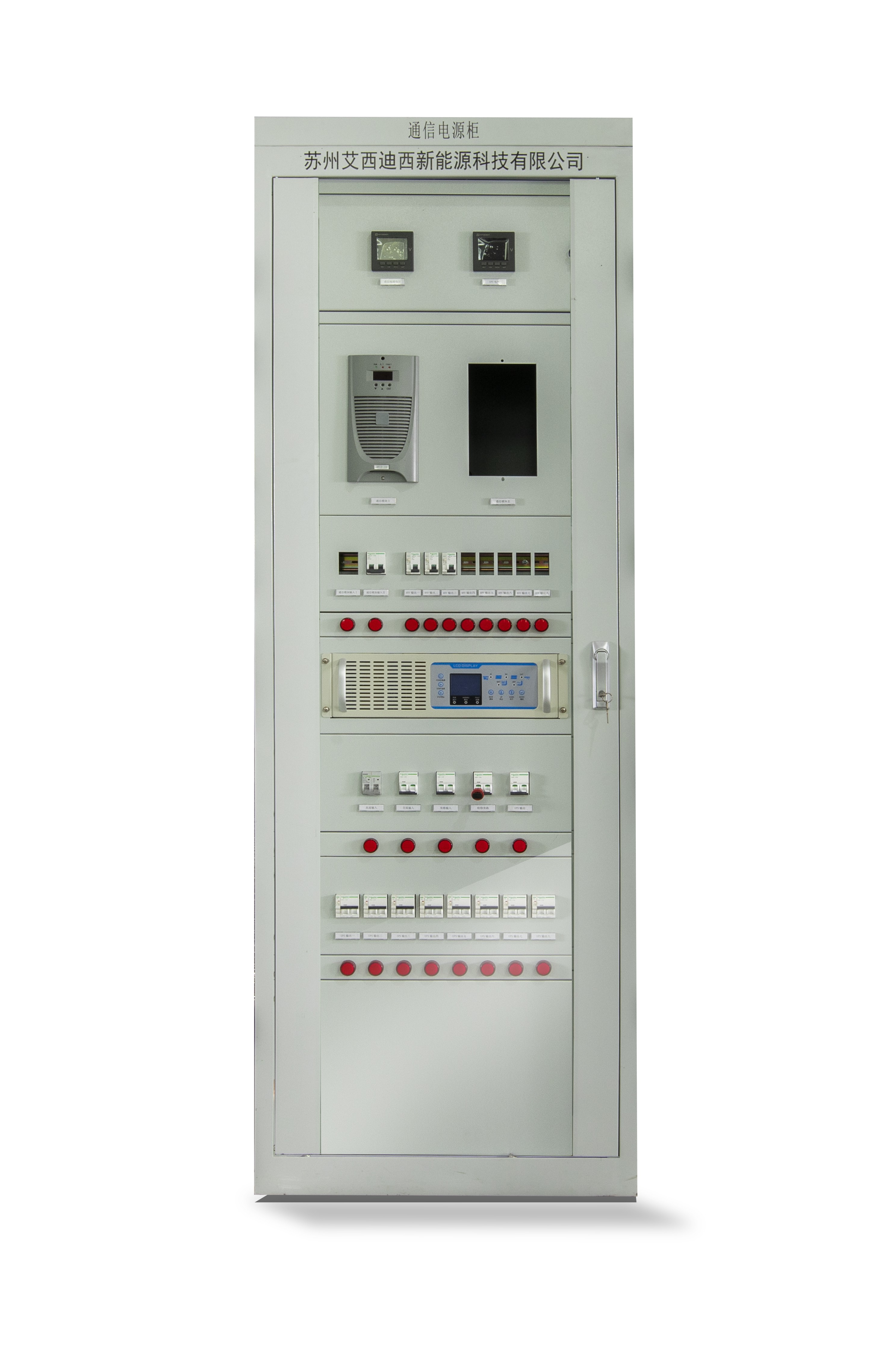
Aug . 06, 2024 13:32 Back to list
Exploring the Benefits of Wholesale Solar Energy Storage Solutions for Commercial Applications
The Rise of Wholesale Commercial Solar Energy Storage
In recent years, the transition toward renewable energy has become increasingly pivotal in the quest for sustainable solutions to combat climate change and energy inefficiency. Among the myriad of renewable energy sources, solar energy has emerged as a frontrunner due to its abundance and versatility. Coupled with advancements in energy storage technologies, particularly at a wholesale commercial scale, the solar energy sector is experiencing a significant transformation that offers both economic and environmental benefits.
Understanding Wholesale Commercial Solar Energy Storage
Wholesale commercial solar energy storage refers to large-scale energy storage solutions that are implemented in commercial settings. These systems are primarily designed to store excess energy generated by solar panels during peak sunlight hours, subsequently releasing it during periods of high demand or when sunlight is not available. This strategy is vital for maximizing the efficiency of solar energy systems, minimizing waste, and enhancing grid stability.
The storage mechanisms include technologies such as lithium-ion batteries, flow batteries, and even emerging solutions like solid-state batteries and hydrogen storage. These innovations not only improve the efficiency of solar energy systems but also decrease reliance on fossil fuels, leading to lower greenhouse gas emissions.
Economic Advantages of Solar Energy Storage
One of the primary driving forces behind the growth of wholesale commercial solar energy storage is its economic viability. Businesses that invest in solar storage solutions can significantly reduce their electricity costs. By storing energy during off-peak hours when electricity prices are lower, companies can use this stored energy during peak hours when prices soar. This shift leads to substantial savings on energy bills over time.
Moreover, organizations that adopt solar energy storage systems may benefit from government incentives and tax credits, further enhancing their return on investment
. These financial advantages, combined with the decreasing costs of solar technologies and batteries, make wholesale commercial solar energy storage an attractive option for businesses looking to enhance their sustainability profile while also bolstering their bottom line.wholesale commercial solar energy storage

Environmental Impact
The environmental benefits of wholesale commercial solar energy storage are significant. By enabling businesses to store and use clean energy, these systems reduce dependence on non-renewable energy sources that contribute to pollution and climate change. Additionally, solar energy storage solutions help to alleviate the strain on the electrical grid, especially during peak usage times.
This proactive approach essentially leads to a reduction in carbon footprints for participating companies. As more businesses adopt these systems, the cumulative effect can lead to a considerable decrease in overall greenhouse gas emissions, supporting global goals for sustainability and climate action.
Challenges and Future Outlook
Despite the numerous advantages, challenges remain in the widespread adoption of wholesale commercial solar energy storage. Issues such as initial capital costs, regulatory hurdles, and the need for advanced grid infrastructures can hinder the pace of implementation. However, as technology continues to advance and integration techniques improve, the long-term outlook for solar energy storage remains optimistic.
The increasing urgency for sustainable energy solutions, combined with the ongoing investments in renewable technologies by governments and private sectors, is expected to propel the wholesale commercial solar energy storage market into a robust future. As more businesses recognize the value of integrating solar storage into their operations, the transition toward a cleaner, more efficient energy economy becomes increasingly achievable.
In conclusion, wholesale commercial solar energy storage represents a crucial advancement in the renewable energy landscape. By bridging the gap between energy generation and consumption, these systems offer a pathway not only for cost savings but also for significant environmental benefits. The future of energy is undeniably leaning toward the sun, and with efficient storage solutions in place, industries can harness this potential to fuel sustainable growth.
-
Advanced AI Energy Management with GPT-4 Turbo
NewsAug.02,2025
-
AI-Powered EMS with GPT-4-Turbo | Efficiency Boost
NewsAug.01,2025
-
Optimized Storage System for GPT-4-Turbo | High Performance
NewsJul.31,2025
-
AI Energy Management System w/ GPT-4 Turbo Efficiency
NewsJul.31,2025
-
High-Performance Energy Storage System for Reliable Power Solutions
NewsJul.30,2025
-
Advanced EMS Solutions for Energy Management System & Storage Battery Companies
NewsJul.29,2025























